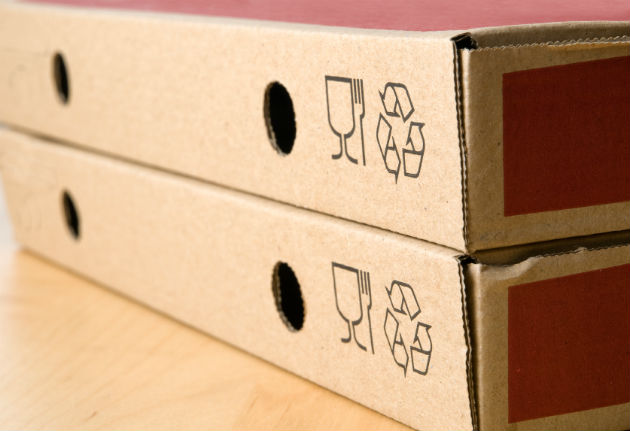Like many English majors, I spent a good portion of my college career working in bars and restaurants. With an early interest in the environment and conservation, it really bothered me to scrap an entire salad into the trash, followed by the requisite beer bottles and soda cans.
When I thought about how many times a day restaurant staff had to take out the trash, and then about how much of this waste could be diverted if they were only recycling and composting, it made my heart ache.
Restaurants, cafés, coffee shops and bars are in a unique position to not only reduce their own negative impact on the planet, but to also set an important example for their customers and community at large.
In self-serve or
fast-food restaurants, getting customers to recycle is as easy as setting out a second trashcan and labeling it with the types of materials that can be disposed of there. Even if it’s just a place for glass and plastic bottles, it’s a great way to get your customers thinking about the impact of their beverage choices.
Posting a sign near the waste area about bringing a reusable bottle instead of choosing a bottled drink can help take this awareness to the next level. Also, keep in mind that in states with
bottle bills, collecting glass and aluminum containers can be a great way to bring in some extra profit.
Sit-down restaurants can implement recycling programs simply by educating staff about which materials will no longer be thrown in the trashcan. I worked in a restaurant where glass, plastic,
aluminum and paper were all recycled, and despite common misconceptions, it didn’t add a single minute to the time it took to bus a table.
Once basic recycling has been introduced at a restaurant or bar, it’s possible to branch out into more involved areas of waste diversion, like composting. Coffee shops go through pounds of grounds every day without realizing that this
organic waste is the perfect complement to compost and is a favorite growing material for mushroom farmers.
Restaurants that think it’s just too much work to set up a recycling program should also consider the marketing and publicity benefits. Consumers are increasingly drawn to businesses and brands that are going green, and sharing stats about how much waste a restaurant diverts from the landfill is likely to attract new customers. Restaurant owners can also create a buzz by staging
recycling drives in which customers can get involved by helping the business reach a waste diversion goal.
If you’re a restaurant owner or manager interested in being green, check out the
Green Restaurant Association’s guide for restaurateurs.


